What is homeopathy?
Homeopathy is a specific healing modality which was first developed by physician and scientist Samuel Hahnemann 200 years ago. It is based on the law of similars - meaning that a substance which causes disease/ symptoms in a healthy person can help heal a sick person who presents with similar symptoms.
Many people today use the word “homeopathy” as an umbrella term for any natural remedy, which is not accurate. Homeopathy is a distinct practice which is safe, gentle, and can be incorporated with other natural healing techniques.
The philosophy of homeopathy:
The body has a vital force and when imbalanced it produces symptoms. This imbalance affects not only the physical body but the mind and spirit as well. All of these need to be addressed in order to regain balance. Therefore, homeopathy’s philosophy is based around treating the totality of a person and their symptoms. These symptoms (of the mind, body, and spirit) are matched to particular appropriate remedy to restore balance to the vital force.
This differs from conventional/allopathic medicine which treats individual symptoms, mainly by helping to suppress them using medicines which have the opposite effect (i.e. - cough suppressants for a cough).
Homeopathy is extremely individualistic - a person who presents with a cold having a runny nose and flushed face will be treated with a different remedy than someone having a cold with congestion and chills.
Classical homeopathy is the original theory and practice developed and researched by Samuel Hahnemann. It employs the use of one single remedy at any given time for an individual, as opposed to using a combination remedy. Combination remedies can be helpful in certain instances, but are not considered classical homeopathy.
Is there any research behind it?
There are many studies which research if, how, and why homeopathics are effective. Like all topics of scientific study, there are conflicting results. Unfortunately, the models for scientific research are applied universally to a modality which is extremely individualistic based on the practitioner and each patient. However, research is constantly being done to shed light on this safe and effective therapy.
“In our time, which boasts such enlightened and deep-thinking souls, does it have to be so impossible to conceive of a nonmaterial dynamic force when we see around us every day so many phenomena that cannot be explained in any other way?”
What is a homeopathic remedy?
A homeopathic remedy is usually made from a natural source (like a plant or mineral). It is diluted to a point where there is not physical remnant of the substance, as well as vigorously succussed , which both makes it safe and more therapeutically effective. They can be given in a liquid form or in the form of a small pellet which can be dissolved under the tongue.
Are homeopathic remedies safe?
Because of the dilution process, homeopathics are considered extremely gentle and safe. There are no known interactions between homeopathic remedies and other medications or conditions. The production of homeopathic remedies is regulated by the FDA (opposed to other natural remedies). Homeopathics can also be safely used on infants, the elderly, in pregnancy and wtih animals.
Where to get a remedy/ Are they expensive?
Many health food stores regularly carry a variety of homeopathic remedies on their shelves for over the counter purchase. If your remedy is not as common, it may be ordered by your practitioner directly from a manufacturer. Homeopathy is a very economical practice, with each remedy vial costing usually $5-$9. This vial will contain many doses of the remedy.
How is your remedy chosen?
An appropriate remedy that matches an individual totality of symptoms is chosen after a careful and thorough interview by a homeopathic practitioner. The homeopath considers physical symptoms and traits, as well as mental and emotional state. Occasionally after a remedy is given, the follow up reveals that another remedy is best suited and if this is the case, your practitioner may choose to start a new remedy.
What will happen after I take a remedy?
That is a difficult question to answer specifically. Generally changes are subtle, but occasionally they can be profound in a positive way. It is also not direct as to when the changes will occur, it could be the next day or it could be a few weeks after taking the remedy. My best advice is to be patient with the remedy and to allow it to take affect.
Do I have to take the remedy forever?
Not usually. If the proper remedy is chosen, you may only need to take it once or daily for a finite period (4-6 weeks). Then, if your symptoms return later, you may need to take a single dose for relief. Occasionally, a different remedy will be necessary to address new symptoms as they arise. Homeopathy is an art and science and various remedies can accommodate the changing vitality of a person.
FOR MORE INFORMATION - The National Center for Homeopathy
